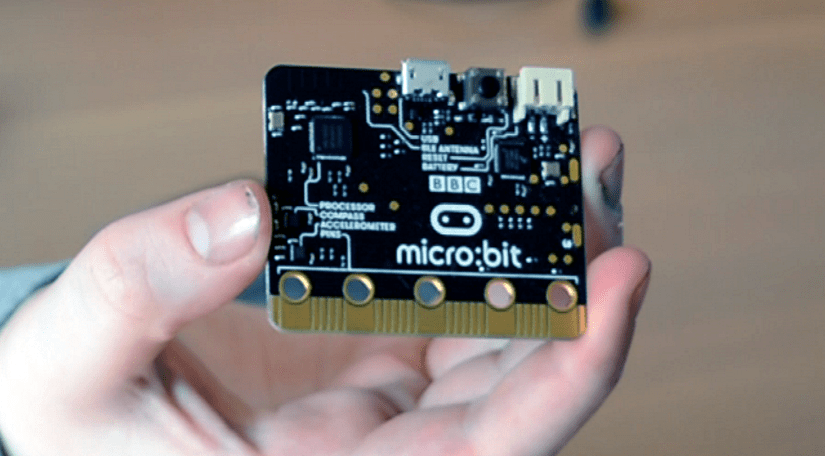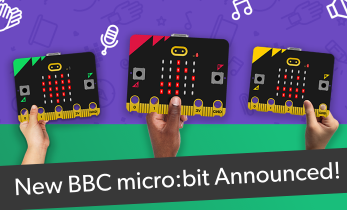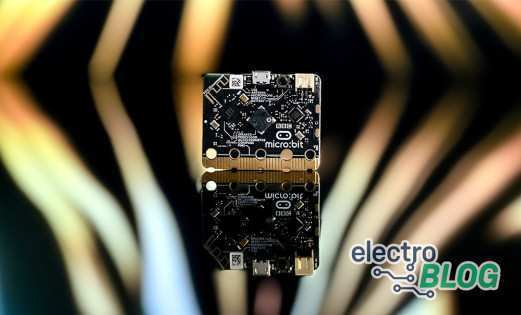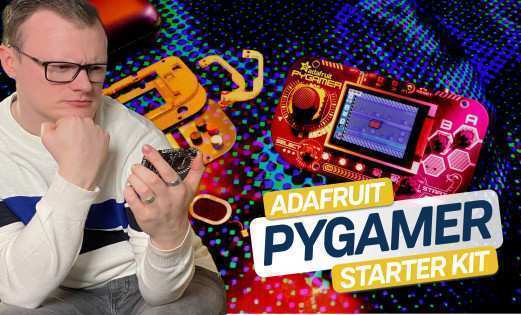BBC micro:bit to Invade Canada!
First released in 2015, the BBC micro:bit is finally set to hit Canada, and inspire children and amateur enthusiasts just as it has in the UK and elsewhere.

Thanks to official reseller Kitronik, and Canadian education support organization Fair Chance Learning, the micro:bit and various accessories, add-ons and teaching resources will be distributed throughout the Great White North. Fair Chance Learning’s mission is to encourage students to start coding, actively designing products, and writing programmes. Students should become active creators, rather than simply end users.
One of the original partners, Kitronic has since teamed up with the micro:bit Educational Foundation to distribute the mini board to schools, code clubs, and other groups around the world. Bringing the board to Canadian educators is rightly seen as an important step to improving STEM education.
“The beauty of the BBC micro:bit is its connectivity and its potential for use across all STEM subject areas,” says Fair Chance Learning’s Dustin Jez. “It enables students to take coding away from a screen and use the device to make another device perform a function and this is an excellent way of inspiring young people to become interested in coding and digital skills.”
Among the kits to be introduced to Canadian educators is the micro:bit Inventor’s Kit, designed to help beginners learn how to create circuits, and use the Micro:bit to control and process input from them.
The prospects are good for the micro:bit’s invasion of Canada. Created by BBC Learning and BBC R&D, with input from ARM Holdings, Microsoft, Samsung, element14 (who manufacture the board), Nordic Semiconductor, and Lancaster University, the compact board (around half the size of a credit card) has already had success across schools in the UK. In 2017 it was introduced to the USA, where it has made modest but successful inroads.
BBC micro:bit can be used with two official code editors (MicroPython and Microsoft MakeCode), four other editors, and a mini operating system, Zephyr, which has support for five other languages (including Forth, C++, and Pascal). In short, every student should have access to one!














































Leave your feedback...